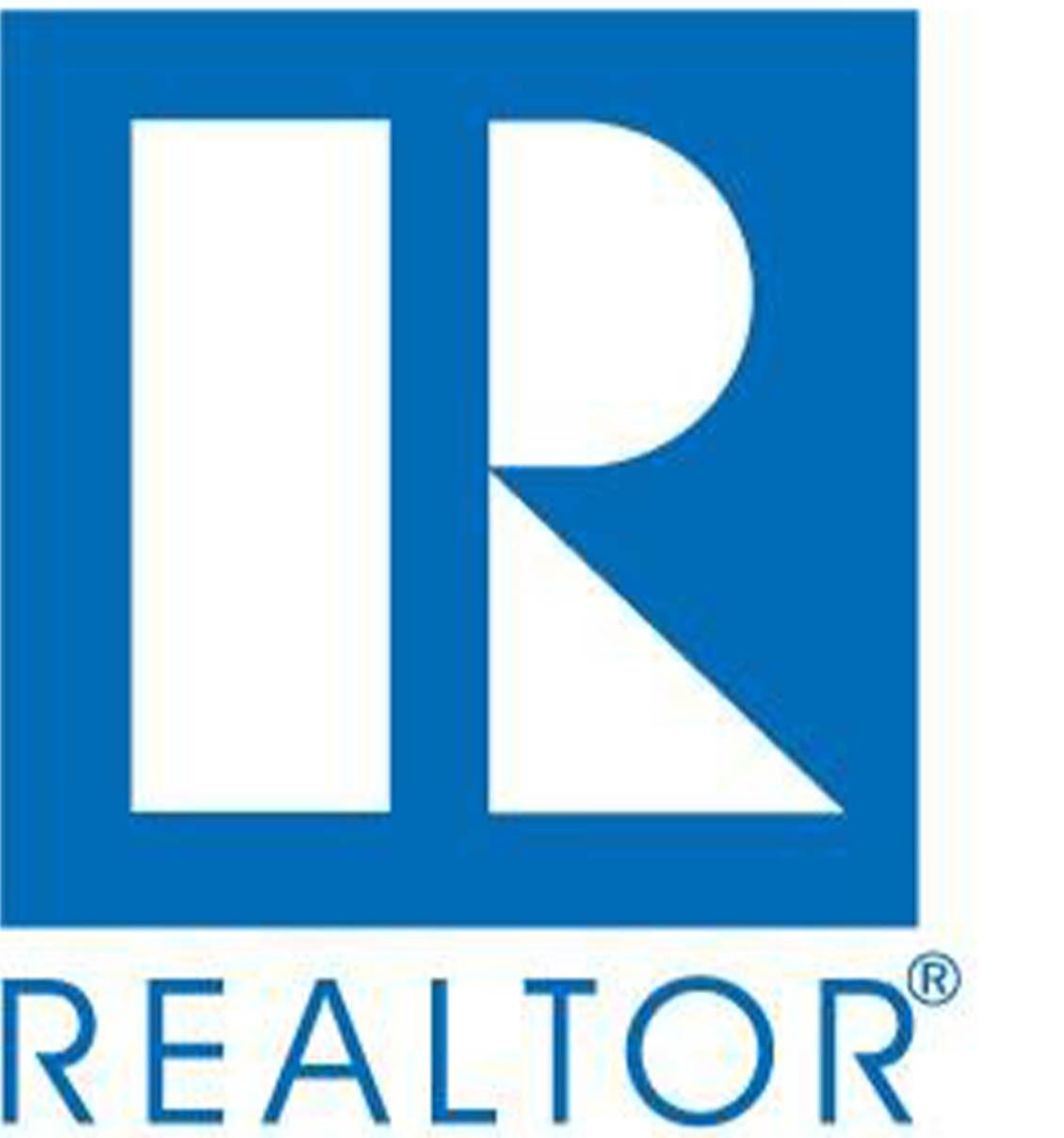How to Finance a Custom Home in Wisconsin
When you think about building a custom home, excitement probably runs through your body as you think about all the special features you'll put in your home. But unless you're sitting on a pile of cash,
How to Finance a Custom Home in Wisconsin
When you think about building a custom home, excitement probably runs through your body as you think about all the special features you'll put in your home. But unless you're sitting on a pile of cash, you might be wondering how to finance a custom home. And so, if you are reading this, it is a good thing. Because financing a custom home is different from financing an existing home or new construction from a production builder.
Loans for existing homes and new construction from production home builders are the same. You can go to any lender and get an FHA, VA, or Conventional loan. They are common, and almost anyone who has bought a home can tell you the process they went through.
But, financing a custom home is different. There are, essentially, three kinds of loans that come into play when financing a custom home.
Land loans
The first is a land loan. Land loans are precisely as the name says. They pay for the land that you plan to build on. Not all banks or financial institutions offer land loans. So, you'll need to ask around to find a lender that provides them.
Like any other loan, you will need to get qualified, and you'll need money for a down payment and closing costs.
Land loans often require 20% to 25% of the land purchase price as a down payment. And you can plan on 3% to 5% of the loan amount for closing costs.
The closing costs include real estate agent commissions, title insurance policies, recording fees, transfer taxes, property taxes, title or settlement fees, and lender's fees. And unlike loans for an existing home, land loans have a repayment term of one to five years, depending upon the lender. The thinking here is that you intend to build on the land, so you don't need the loan for as long as a home mortgage.
Land loans are ideal if you are considering building a custom home and find that perfect piece of land. A land loan will allow you to buy the property until you are ready to build.
Construction loans
The second kind of loan involved in building a custom home is a construction loan. Construction loans pay for the actual construction of the home and pay the builder at specific intervals. Construction loans, just like land loans, are not offered by all lenders. When you choose a custom home builder, you should ask them whom they recommend.
Construction loans usually require a 10% to 20% down payment calculated on the contract amount. These loans have a one-year payment term, and payments are calculated as interest only.
The process of getting approved for a construction loan is a bit lengthier than getting a land loan. Before the lender can determine the loan amount, the "to be built" home needs an appraisal. Your builder will provide several documents to an appraiser sent by the lender to support the purchase price plus the land cost. Once completed, the lender will finalize the loan amount and down payment requirements.
If you still have a land loan, the lender will add the amount still owed on the land to the construction loan. The land loan will be paid off at closing so that you are only making one payment. Additionally, when calculating the down payment needed for the construction loan, many lenders will reduce the required down payment by the down payment paid on the land loan.
The great thing about a construction loan is that the financial institution pays the builder as the construction of your custom home progresses. As the builder completes work on the house, he will make a "draw" request of the bank. The draw request will either ask for actual costs incurred or a percentage of completion. The builder will specify this in your contract.
To ensure work has been completed, and sub-contractors have been paid, the bank sends an inspector to the property. This process prevents the builder from running off with your money. It also ensures that no one who performed work on your home's construction will place a lien against it. Once the inspector has filed his report, the lender pays the builder.
Because the builder is not paid all at once, your monthly payments will start small and grow as the project comes to completion.
Construction-to-permanent loans
When the builder has completed your custom home, a permanent loan pays off the construction loan in full. You can obtain a permanent loan in one of two ways.
The first is to apply for a traditional loan (FHA, VA, Conventional) just as you would if you were buying an existing home. Your second option is to get a construction-to-permanent loan, also called a one-time close loan, instead of a traditional construction loan.
Choosing a Construction-to-Permanent loan has benefits. The first is you only close once. You pay for one appraisal (before the construction loan), which can be a savings of up to $800, and you only pay one set of closing costs. The second benefit is that you qualify and receive approval for your loan before constructing your custom home even starts. That alone is worth it because it can take a lot of stress off your shoulders. The third benefit is that you lock in your interest rate at the start of construction. So, if it looks like interest rates are on the rise, this can benefit you. Of course, if interest rates are on the decline, the opposite is true.
When is the down payment due for a new construction home?
When you sign a contract to buy land or build a home, the seller/builder will require earnest money to show that you are serious about the purchase. This money is due when the contract is signed and will become part of your down payment (unless you default on the agreement.) The actual down payment required by the lender is due at the time the loan closes.
When do you start paying the mortgage on a new build?
As we've already discussed, you'll start loan payments on the construction loan after the first draw occurs. The loan payments will be interest-only and will increase as the builder takes additional draws against the loan amount. Your construction loan will typically have a 12-month term. So, let's say it took six months to build your home. You will continue to make construction loan payments for 12 months.
If you get a one-time close loan, you will make interest-only payments in months one thru 12. Then, the construction loan automatically converts to a permanent mortgage. You will begin paying principal and interest on the mortgage as of the 13th month.
If you go the construction loan to a traditional loan from a different lender route, the construction loan will get paid off when you close on the new mortgage. Your first mortgage payment will be due on the 1st of the following month.
For example, if you close any day in April, your first mortgage payment will be due on June 1st. The reason is that you pay mortgages in arrears. Therefore your June 1st payment is your mortgage payment for the month of May. But the lender doesn't let you live in the house for free in April. So, if you close on April 20th, you will pay 11 days of mortgage interest at the time of closing. The interest paid covers the days you own the house in April and is in addition to other closing costs.
When do you close on a new construction home?
When do you close on a new construction home? The builder will usually call you to schedule a closing date when he is about 30 days away from completion. Of course, you'll be talking with the builder throughout the process, and he'll give you an estimated build time when you sign the contract to build.
Once you know the actual closing date, you will let your lender know so they can start preparing paperwork for closing. The builder will also provide closing information to the title company. If you got a construction to permanent loan, you would have closed on the loan at the beginning of the process. But, you still have to do the real estate portion of the closing to take title to the property.
As you are thinking about building a custom home, we hope you will consider doing so with Sugar Creek Homes. We are happy to walk you through the process and answer any questions you might have. To learn more about building a custom home, schedule a "Getting Started" meeting.




